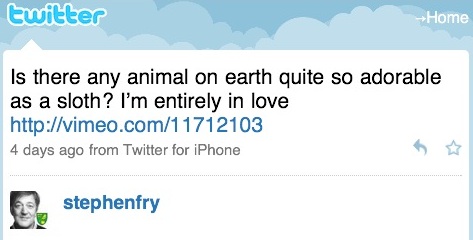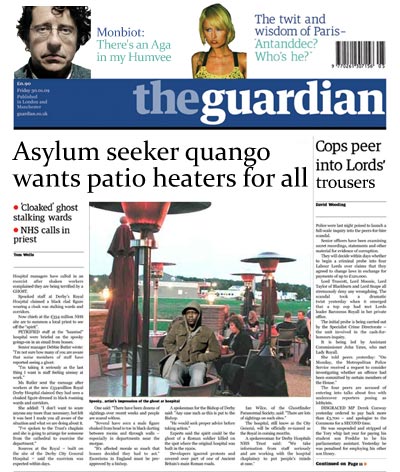 It’s little wonder that Stephen Fry holds such a place in the nation’s affections. He’s earned it through a string of unforgettable performances. There’s his voiceover for Direct Line’s pet insurance, his voiceover for the 2008 Argos catalogue, not to mention voiceovers for Anchor Butter, Tesco, Dairylea, Kenco, Coca Cola, Trebor Mints and UK Online to name but a few examples. Who could forget his legendary partnership with Hugh Laurie for Alliance and Leicester?
It’s little wonder that Stephen Fry holds such a place in the nation’s affections. He’s earned it through a string of unforgettable performances. There’s his voiceover for Direct Line’s pet insurance, his voiceover for the 2008 Argos catalogue, not to mention voiceovers for Anchor Butter, Tesco, Dairylea, Kenco, Coca Cola, Trebor Mints and UK Online to name but a few examples. Who could forget his legendary partnership with Hugh Laurie for Alliance and Leicester?
Then there’s the quiz shows. When it comes to reading out infonuggets from pieces of card prepared for him by TV researchers, Fry is the master. And more recently, his pioneering new media work on Twitter has put him at the forefront of an elite group of British comedy talents (including Graham Linehan and Peter Serafinowicz) who have found fame by telling us when they’re stuck in a lift, or about to have lunch. Once upon a time, comedy writers and performers had to be funny, as a minimum requirement. Now, the Twittering comics have now smashed that glass ceiling.
But Fry risks throwing away this incomparable legacy, built up over a lifetime, because of a weakness. And it’s a weakness every bit as reckless as Oscar’s love for Bosie.



